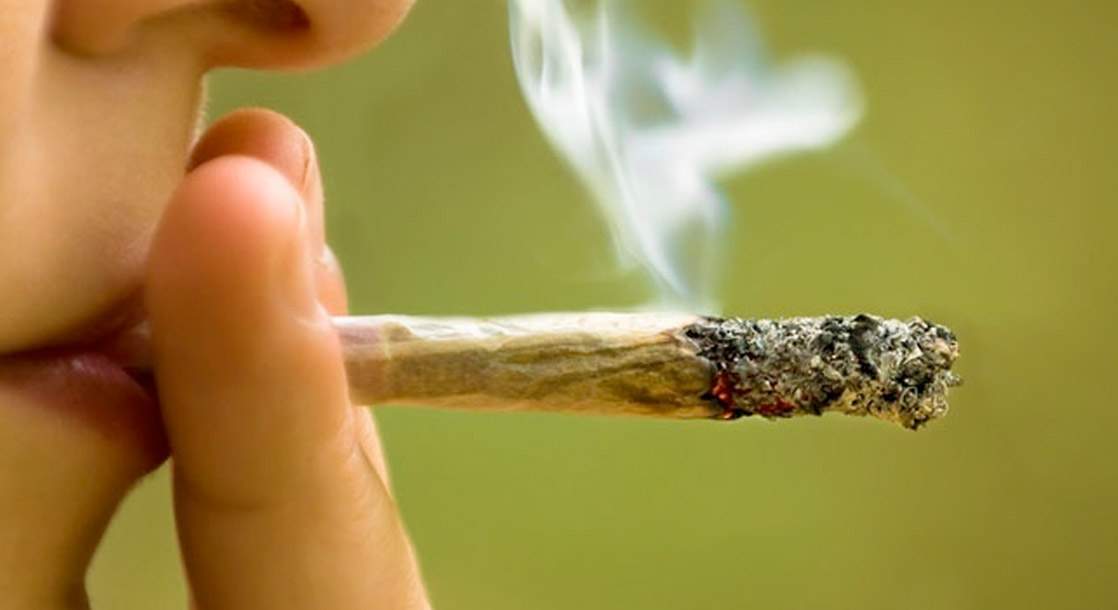Image via
Singapore has executed two men for non-violent cannabis crimes in less than three weeks, despite a global effort to encourage the city-state to update its barbaric drug laws.
This Wednesday, Singapore hung a 37-year-old man for allegedly trafficking 1.5 kilograms (3.3 pounds) of cannabis, which is a capital offense under the city-state’s draconian drug laws. The man, who remains unnamed at his family’s request, was arrested for weed seven years ago, and eventually convicted and sentenced to death in 2019.
In his defense, the man argued that he actually possessed a much smaller amount of cannabis, which was solely for his own personal use. This year, he filed a last-ditch effort to reopen his case, presenting DNA evidence and fingerprints that supported his claim. The courts dismissed his appeal without a hearing, however, and promptly sent him to the gallows.
Only three weeks ago, authorities executed another man, Tangaraju Suppiah, for allegedly conspiring to traffic less than 3 pounds of weed. The man never actually even touched the flower that he supposedly was involved in smuggling, though. Authorities made their case based on a police interrogation that was conducted without a lawyer or interpreter, backed by unsubstantiated claims made by two men who were actually caught with the contraband bud.
Amnesty International and other human rights groups launched a campaign to raise awareness about Tangaraju’s execution, arguing that he was likely completely innocent. Virgin founder Richard Branson, who is also a member of the Global Commission on Drug Policy, even stepped up to publicly condemn Singapore’s decision to carry out this extreme sentence. But despite the global outrage, officials went through with the execution anyway.
Like many other Southeastern Asian countries, Singapore routinely executes people for nonviolent drug offenses. Officials took a two-year hiatus from executions during the pandemic, but kicked off the brutal practice again once lockdown ended. Officials hung eleven people for drug offenses last year alone, and that total is likely to skyrocket this year. Nearly 600 people are currently on death row in the city-state, most of whom were convicted for drug offenses.
“If we don’t come together to stop it, we fear that this killing spree will continue in the weeks and months to come,” said Kokila Annamalai of the Transformative Justice Collective, an activist group advocating against Singapore’s medieval death penalty laws, to the Associated Press.
Singapore isn’t the only country that executes people over relatively minor drug crimes. Amnesty International reports that Indonesia executed 112 drug offenders by firing squad last year. Some countries have gradually started to change their ways, though. Last year, Malaysia announced that it would finally end its mandatory death penalty for serious crimes. Thailand has even completely legalized medical marijuana and decriminalized cannabis entirely, but the country’s new government may be gearing up to undo these progressive policy changes.











